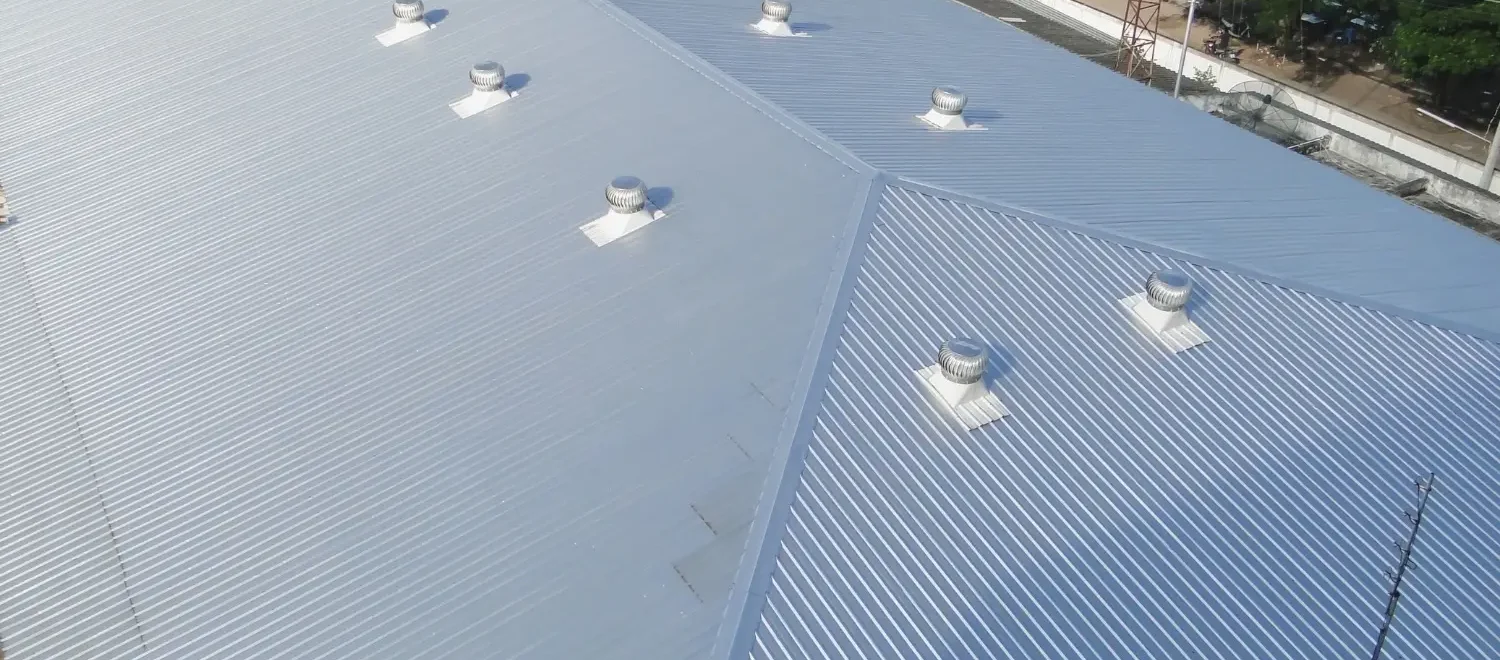Quick Contact
For the fastest response, please call/text us Mon. thru Fri. 9am - 4pm at (727) 771-8747.
211 Hedden Court
Palm Harbor, FL 34683
Monday-Friday: 9am – 4pm

Quick Contact
For the fastest response, please call/text us Mon. thru Fri. 9am - 4pm at (727) 771-8747.
When you’re trying to choose the best commercial roofing, you must take things like size, shape, and location into consideration. These things play an important factor in how well your roof will work for you. Another important consideration is the roof’s weight since you’ll be covering far more area than you would with the average home. You’ll probably also have a lot of equipment there (e.g. vents, skylights, patios, helicopter pads). The building itself will also have more people coming and going through it. These are all factors your commercial roofer must consider before putting on a new roof for your business.
The Best Types of Roofs for Businesses
Several types of commercial roofing are preferential, including:
Roofing Materials
Once you’ve chosen your roof’s slope, there are several common materials you can choose from, including:
Conclusion
Now that you understand the significance of hiring a professional to take care of your commercial roofing needs, you will want to find someone whom you can trust. This is where Done Rite Roofing Inc. steps into the picture. Businesses have learned to trust them over the years and you should too. Give them a call today to have them stop by and look at your roof soon.
Your Trusted Roofing Contractor for Roof Repairs & Replacement
Serving Pinellas, Pasco, & Hillsborough Counties Over 25 Years!